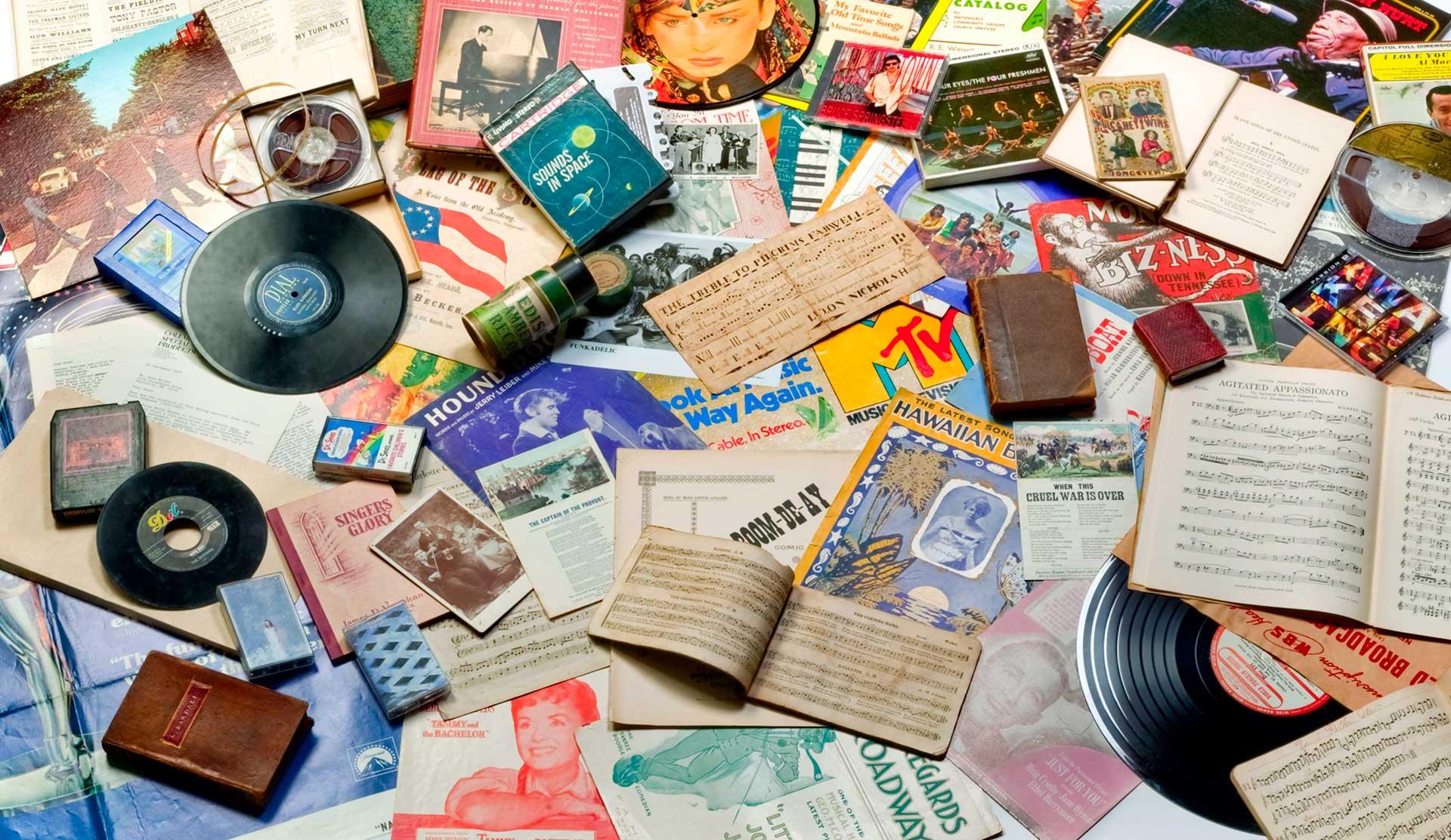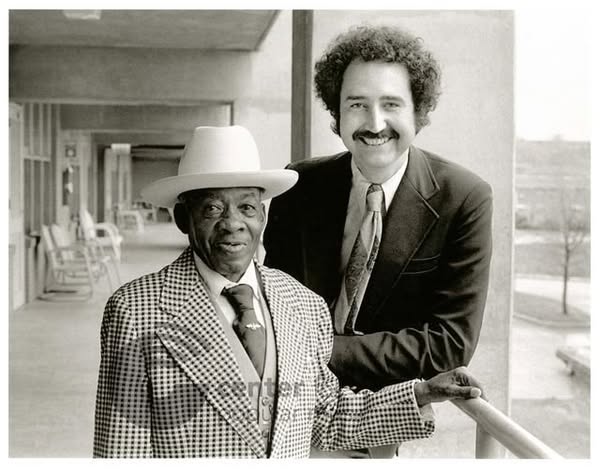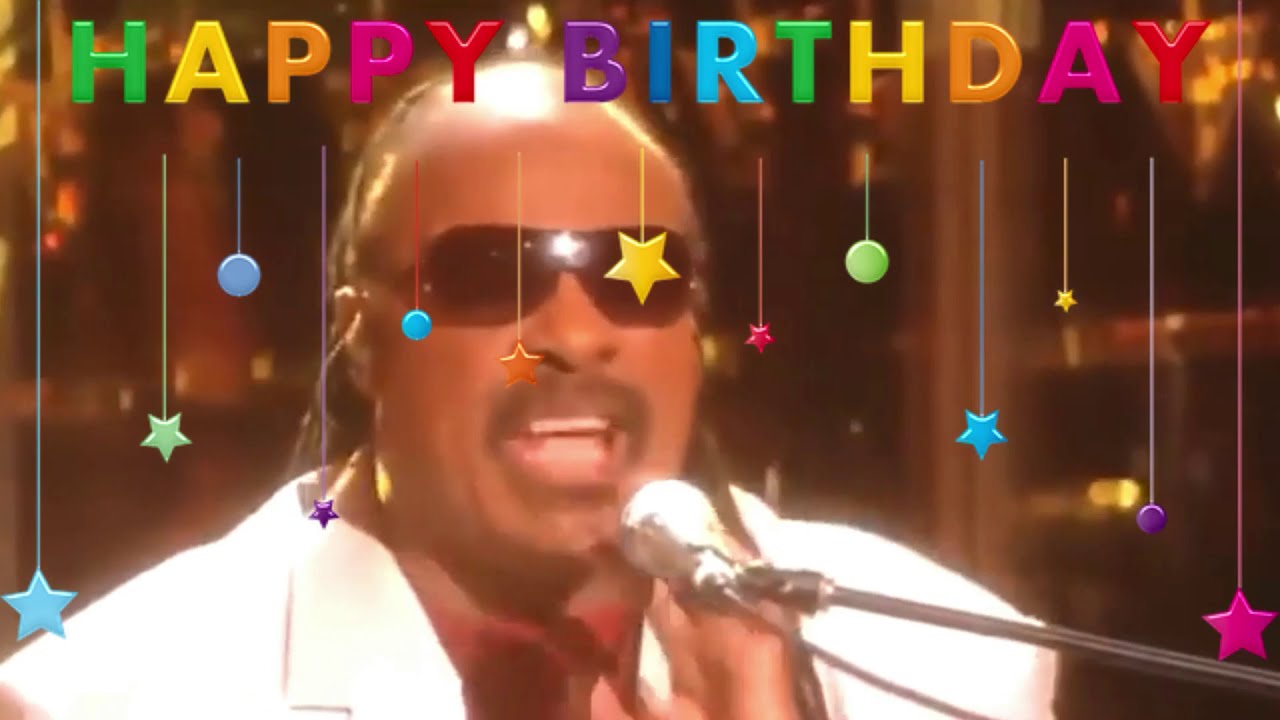Center for Popular Music
CPM Blog
-
CPM Staff Summer Playlist
The days are getting longer, the weather is getting warmer, and summer is in full swing. And to truly enjoy summer, you need a playlist of fun tunes to enjoy while lounging by the pool, grilling out, or maybe just sending emails or building spreadsheets for your day job. Here is a snapshot of some…
-
9 Country Music Collections to Check Out At the CPM
Hi folks! I’m Olivia Beaudry, the archivist at the Center for Popular Music. As we prepare for the International Country Music Conference (ICMC), I figured I would take a walk in the stacks and shine a light on some of the country music collections here at the Center for Popular Music. I first attended ICMC…
-
The 6 Best Lucy Dacus Songs
With an angelic, yet approachable voice and lyrics that cut to the core of topics like interpersonal relationships, queer desire, faith, and creativity, Lucy Dacus is one of the best current American singer-songwriters.
-
7 Popular Songs Inspired by the Life of Martin Luther King Jr.
Many schools and places of business observe the federal holiday for Dr. Martin Luther King Jr’s birthday on the third Monday in January, but his actual birthday is today, January 15. King would be 96 today and had an immeasurable influence on the world through his writings, speeches, and actions advocating for marginalized and disenfranchised…
-
The 5 Best Popular Music Biopics
Welcome to the Center for Popular Music (CPM) blog! This blog is edited by CPM librarian and popular culture critic, Logan Dalton. It will showcase items and collections in our Archive and Reading Room and connect them to current happenings in the world of popular music through list, feature, interview, and review articles. This blog…
-
The CPM Blog
The CPM blog is coming soon! Stay tuned and watch this space!
Contact Us
Center for Popular Music
Bragg Media & Entertainment Bldg.
Room 140
MTSU Box 41
1301 E. Main Street
Middle Tennessee State University
Murfreesboro, TN 37132
615-898-2449










